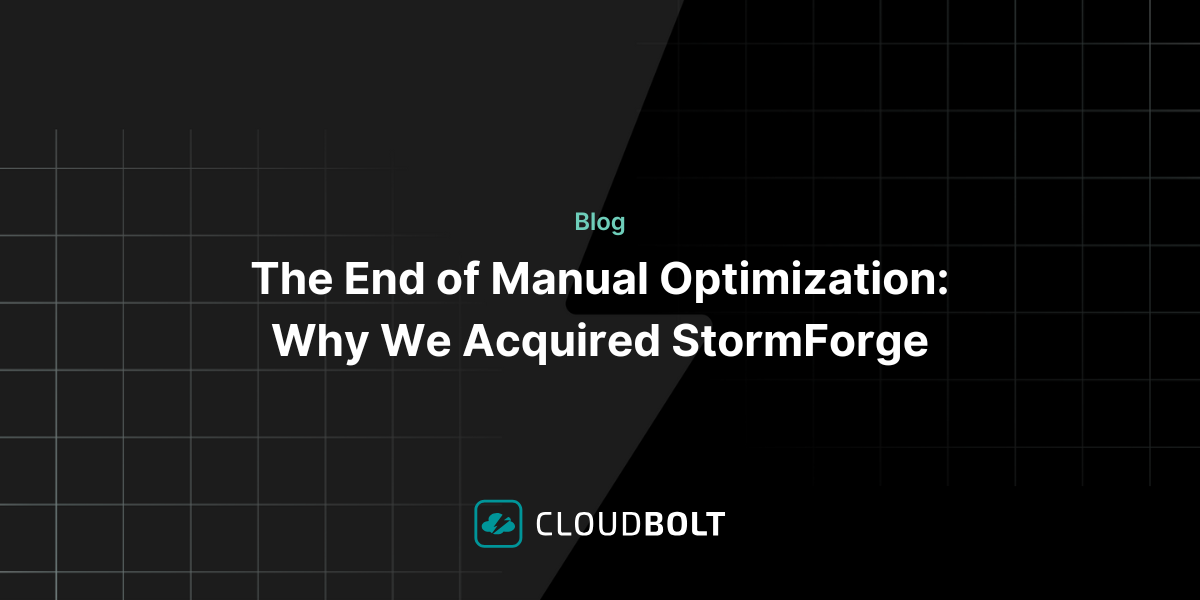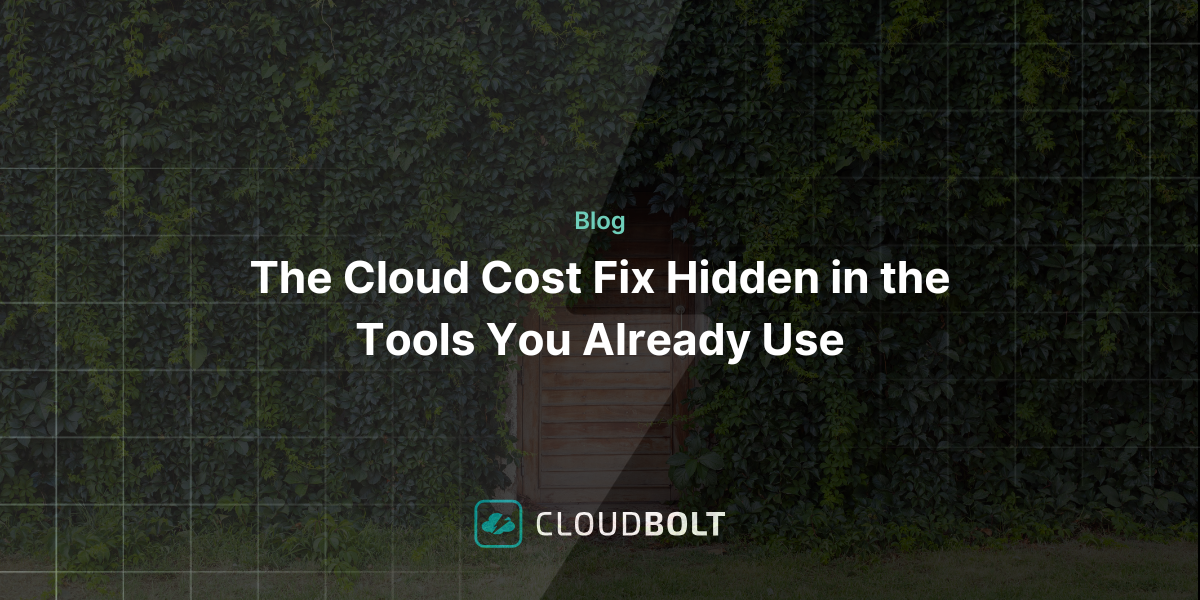Best Hybrid Cloud Automation Tools for 2020
Are you looking for the best hybrid cloud automation tools? The automation of cloud infrastructure has become a must-have for modern-day enterprises. However, these enterprises face a lot of challenges when selecting tools. Many tools come with flaws, such as a lack of powerful computing, inconsistent data monitoring, network issues, and troubleshooting.
When choosing a cloud automation tool for your organization, you must consider the following:
- Consistency with requirements
- Troubleshooting
- Support structure
- Productivity
- Budget
Here are four tools you should consider while automating cloud infrastructure.
The Four Best Hybrid Cloud Automation Tools
Ansible
Ansible is great for automating a range of IT functions. These include configuration management, cloud provisioning, application deployment, and others. Ansible focuses on how various systems in your cloud infrastructure interact instead of managing one component at a time.
You can manage Ansible through a web interface referred to as Ansible Tower. This tool comes with a range of pricing models. There are basic, standard, and premium plans with costs ranging from $5,000 to $14,000 per year.
Ansible is user-friendly and easy to manage.
Datadog
Designed for the cloud, Datadog gives users detailed analytics of all their cloud applications, networks, and servers. You can easily integrate Datadog with other automation tools, such as Puppet, Chef, and Ansible.
Depending on the plan you choose, this tool costs between $5 and $31 per host. Datadog comes in handy when you want to detect and troubleshoot problems within your system quickly. It’s a cost-effective hybrid cloud automation tool.
Puppet
This is a popular infrastructure as code (IaC) cloud automation tool that allows organizations to automate their systems. Puppet monitors your cloud deployments and prevents deviations from the defined state. Puppet does it all – from compliance to infrastructure configuration and workflow automation.
This open-source tool is available free of charge for up to 10 nodes. If you need more, you can get a customized quote for the enterprise version. Puppet Enterprise comes with task-based command execution and out-of-the-box orchestration. Puppet is perfect for organizations that want to maintain some consistency in their cloud deployments while maximizing productivity.
The tool comes with inbuilt integrations with major players, including Amazon Web Services (AWS), Google Cloud Platform (GCP), Microsoft Azure, and VMware.
Docker
Docker allows for continuous integration and deployment of code. You can easily create and manage cloud applications using Dockerfiles. The app enables the management of applications in isolated environments, including code, libraries, system files, and other functions. It’s an excellent tool for the cloud with hybrid and multi-cloud deployments.
You have an option of three Docker editions with plans starting at $750 per year. Docker can save your organization both time and resources, as well as enhance system productivity. You can also easily integrate it with existing systems.
Conclusion
We recommend that you consult with your DevOps team if you want to understand what tool will work best for your organization. The bottom line is getting a tool that will give you maximum ROI within the stipulated budget. Remember that you should regularly evaluate your tools against your requirements and make upgrades when the need arises.
Experience the leading hybrid cloud management and orchestration solution. Request a CloudBolt demo today.
Related Blogs

The End of Manual Optimization: Why We Acquired StormForge
Today is a big day for CloudBolt—we’ve officially announced our acquisition of StormForge. This marks a major milestone for us…

